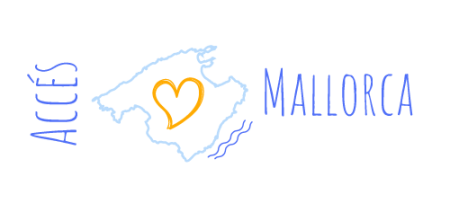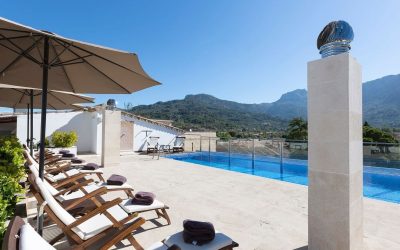- Places To Go
- Things To Do
What’s Your Interest?
Traveling with kids
- Blog
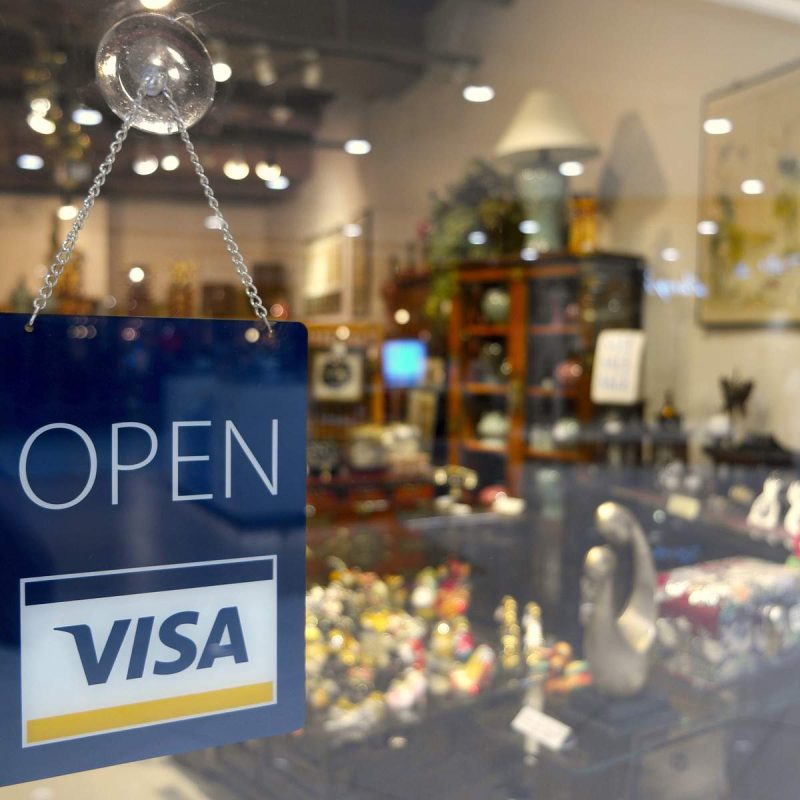
In this article
Emergency telephone numbers in Mallorca
In case of life-threatening emergencies, always call 112!
Ambulance (ambulancia): 061
National Police (policía nacional): 091
Local police (policía municipal): 092
Civilgarden (guardia civil): 062
Fire Department (bomberos): 080
Marine and Marine Aid (salvamento y seguridad marítima): 900 202 202
Safety app for traveling in Spain
The Spanish Law Enforcement Authorities have developed a great mobile app to help you in case of emergencies or distress.
The intuitive app allows you to enable location, so that when you alert the authorities you won’t have to explain your position.
The app also provide a “Guardian” functionality allowing you to share your current location with anyone. This can be particular helpful to hikers, cyclists or anyone on their own.
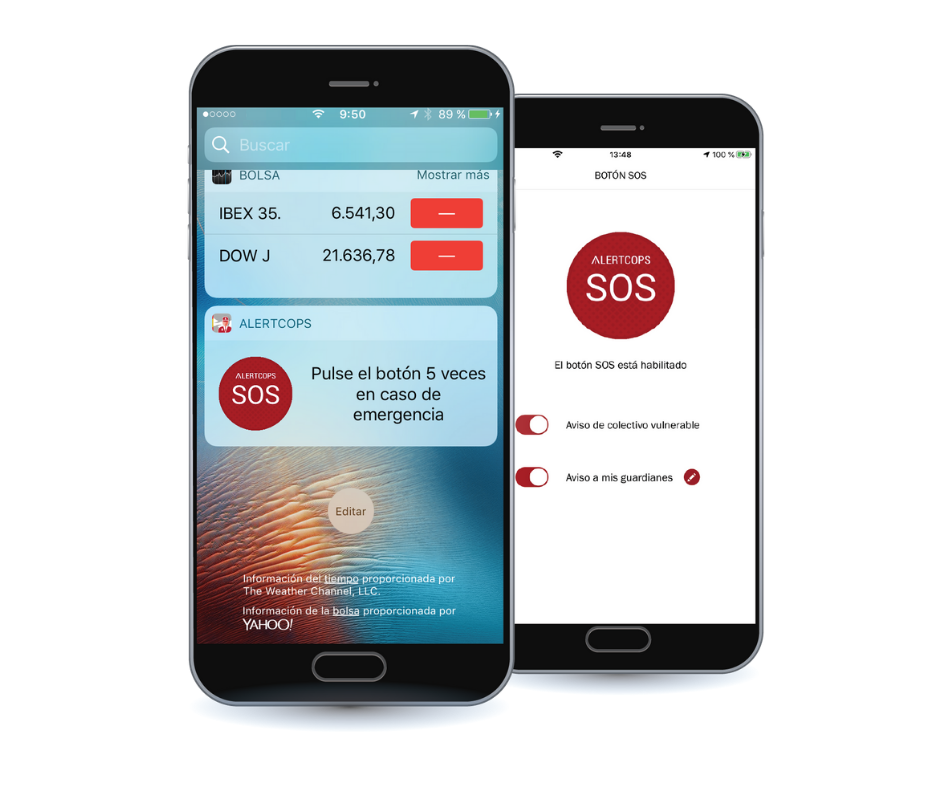
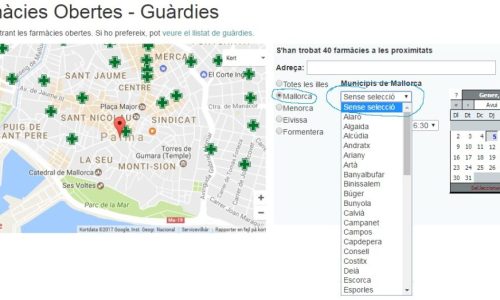
Find an open pharmacy / chemist in Mallorca
If you need a pharmacy in Mallorca, outside normal opening hours, you can find it via the link below.
Select “Mallorca”
Then use the drop-down menu to select your village/area
Currency, payments and tourist tax in Mallorca
Currency
In Mallorca, euros (€) are used for payment.
Coins:
1 cents, 2 cent, 5 cent, 10 cent, 20 cent, 50 cent, 1 Euro and 2 Euro.
Notes:
5 Euro, 10 Euro, 20 Euro, 50 Euro, 100 Euro, 200 Euro and 500 Euro.
You can always see exchange rates at the European Central Bank here
Giving tips in Mallorca
Tips are included in the service price in Spain and Mallorca. It is, however, quite common to give tips at restaurants, bars, in taxis and at hotels, it is a symbolic sign of appreciation. Usually tips are about 5-10 % of the bill.
Tourist tax / eco-tax
The tourist tax / fee varies according to the type of accommodation and time of year.
The following applies between May 1 and October 31.
1, 2 and 3 star hotels: 2 euros
3-star superior and 4-star hotels: 3 euros
4-star superior and 5-star hotels: 4 euros
Accommodation without a star rating is also included in the eco-tax.
Holiday homes and rental properties: 2 euros
Agroturismos, country houses, rural hotels: 2 euros
Hostels, campsites, pensions, cabins: 2 euros
In the period between November 1 and April 30, the above rates will be reduced to 1/4, ie a 5-star hotel will cost 1 euro and agroturismo 50 cents.
The proper name for the fee is eco-tax. The eco-tax serves five purposes:
- Protection and preservation of the environment.
- Protection and maintenance of historical and cultural monuments and buildings.
- Research targeting challenges related to tourism and climate change.
- Development of sustainable tourism with special focus on spring, autumn and winter.
- Training and hiring of staff through the low season, which should increase skills and improve the working environment.
Public holidays and typical opening hours in Mallorca
When do Spanish people usually have lunch and dinner? What time does public transport operate and what are the typical retail opening hours?
Public holidays in Mallorca
There are a number of public holidays in Mallorca where most stores are closed. Many of the public holidays coincide with local festivals and celebrations, which makes it a very attractive time to visit Mallorca.
January 1 – New Year’s Day
January 6 – Epiphany/Three Kings
March 1 – Day of the Balearic Islands
April 2 – Good Friday
April 13 – Easter Monday
May 1 – Labor Day
August 15 – Assumption of Mary
October 12 – Spain’s National Day
November 1 – All Saints’ Day
December 6 – Spanish Constitution Day
December 8 – Immaculate Conception
December 25 – Christmas Day
Typical opening hours and important times of the day
When planning your trip to Mallorca, it might be nice to know when things are open and what the local customs are.
Stores
The general opening hours for stores is 10:00 – 21:00. Often times, especially during the summer, many stores close between 14:00 and 16:00 for siesta. Sundays are typically off days hence stores, banks etc., however, during the summer this may change, especially in the touristic areas.
Hotel check-in and check-out
The most common check-in time is around 14:00, while check-out usually happens during the afternoon or early in the morning.
Bus timetables
Most bus routes starts around 6:00 – 8:00 in the morning, and run until 23:00-24:00. In Palma there are also night buses.
Mealtimes at restaurants and bars
Breakfast is usually served from around 8:00 – 11:00.
Lunch, which is the main meal of the day in Spain, is often times served between 13:00 and 16:00 at restaurants and bars.
Dinner is typically served between 18:00 and 22:00 at most restaurants. During the summer the kitchens may be open longer, especially in the more touristic areas.
Local markets
The many local markets in the villages on the island opens around 8:00 in the morning and close around 14:00.
The language of Mallorca
Three languages are spoken in Mallorca; Spanish, Catalan and Mallorquin. However, the official language is Spanish, as Mallorca belongs to Spain and the vast majority speak this language.
In addition, many of the seasonal employees in the restaurants and hotels are Spaniards who come to the island to work.
If you visit the smaller villages in the center of the island, you will most likely encounter the Catalan language, which can be a bit tricky to fully understand. But again, most people do speak Spanish, so if you know a few word or sentences in Spanish, shoot.
Public transport by bus in Mallorca
Bus connections in Mallorca offer low prices as well as routes around most of the island. However, you should be prepared that if you stay outside the Palma area, bus times can sometimes be unreliable, while the lines in Palma run frequently and are fairly accurate. Therefore, if you are planning a bus trip from your area, you should consult the timetables and be at the bus stop 10 minutes before.
Price for a bus ticket
As I said, traveling by public transport in Mallorca is cheap. You can pay the bus driver when you get on the bus, and he can give back, but do not give him 50 or 100 euro banknotes.
Tips and advice for driving in Mallorca
- Before getting behind the wheel of a vehicle, bear in mind that Mallorca is a very popular cycling destination and that the lane can sometimes be occupied by cyclists riding 2-3 persons next to each other. If you encounter this, and you are not sure if you have room enough to pull over, honk the horn gently. When pulling over, don’t forget the sidelight.
- Morning and afternoon traffic can be quite hectic, especially around Palma.
- When driving in the Tramuntana, be aware that there are many hairpin turns, some of them with more than 7% incline, making it very difficult to look upwards around the corner. Always enter a turn in low gear while keeping as much to the right as possible.
Parking rules
Parking in Mallorca is not difficult or tricky, at least not in terms of rules. All parking zones are marked with color so you know what to do, or not do.
- White zones = free parking
- Blue zones = Paid parking
- Yellow zones = Parking prohibited
